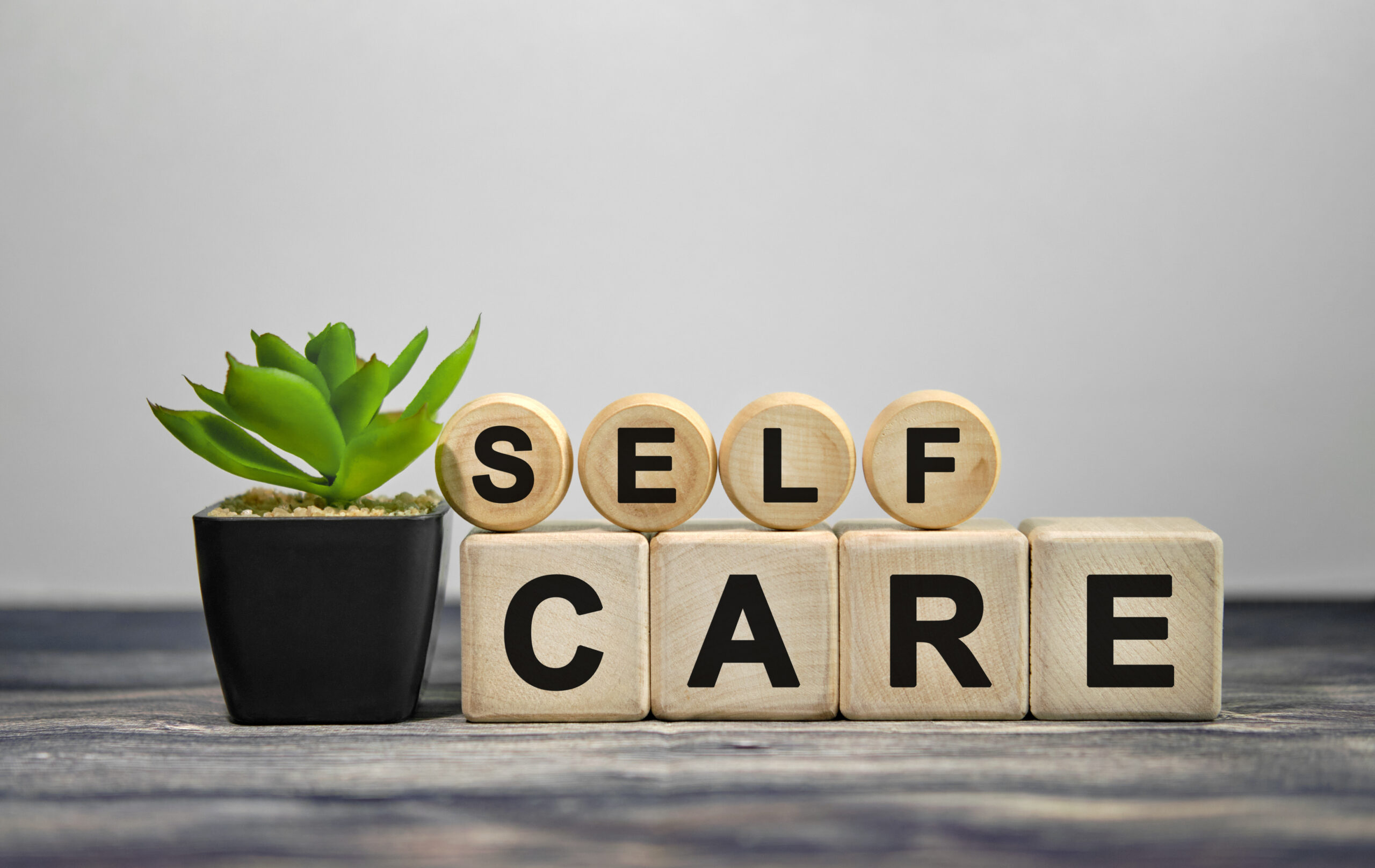How can we define self-care? Perhaps the best way is to answer by discussing what self-care is not. It is not selfish. It is not a luxury, nor is it just some fad.
Self-care is about attending to your own well-being by supporting your physical and emotional needs. It's taking healthy actions (self-care practices), and having an attitude of self-compassion.
To practice self-care is to take deliberate actions to develop, protect, maintain, or improve our well-being. These actions don't need to be anything grand—they can be as simple as taking a few minutes to sit and relax.
Research shows that practicing self-care helps us be a better version of ourselves and can improve our professional and personal life. That same research shows a lack of self-care leads to increased burnout, anxiety, and other negative outcomes.
Ultimately, self-care builds our resilience, and helps us deal with life's challenges.











